 Those students who are being reviewed Regular Decision for Boston University’s Class of 2028 will receive their admissions decisions on Saturday, March 23, 2024. Such first-year applicants will receive emails when their decisions are available within their BU web accounts on the MyBU Applicant Portal.
Those students who are being reviewed Regular Decision for Boston University’s Class of 2028 will receive their admissions decisions on Saturday, March 23, 2024. Such first-year applicants will receive emails when their decisions are available within their BU web accounts on the MyBU Applicant Portal.
The news comes as Boston University also announced that it received 78,634 applications for its Class of 2028, and 6,916 applications of these applications were submitted through BU’s binding Early Decision and Early Decision 2 programs. The ED numbers represent a 0.4% increase over last admissions cycle, and BU expects to enroll approximately 58-60% of its first-year class through ED1 or ED2. BU’s enrollment target for the Class of 2028 is now 3,300 students, which is 155 more than last year. For context, over 80,400 students applied to join BU’s Class of 2027, which was made up of 57% of students accepted through ED1 or ED2 and 43% of students accepted through Regular Decision. BU’s overall admit rate will end up at roughly 10.7% this year.
In total, only 42% of BU applicants during the 2023-2024 admissions cycle indicated an interest in having standardized test scores considered. Meanwhile, enrollment of first-generation, low-income, and students from underrepresented groups continues to be a priority for BU, and applications from first-generation college students made up 25% of BU’s applicant pool. International students contributed 15,469 applications to the mix, and these applicants hail from 167 countries.
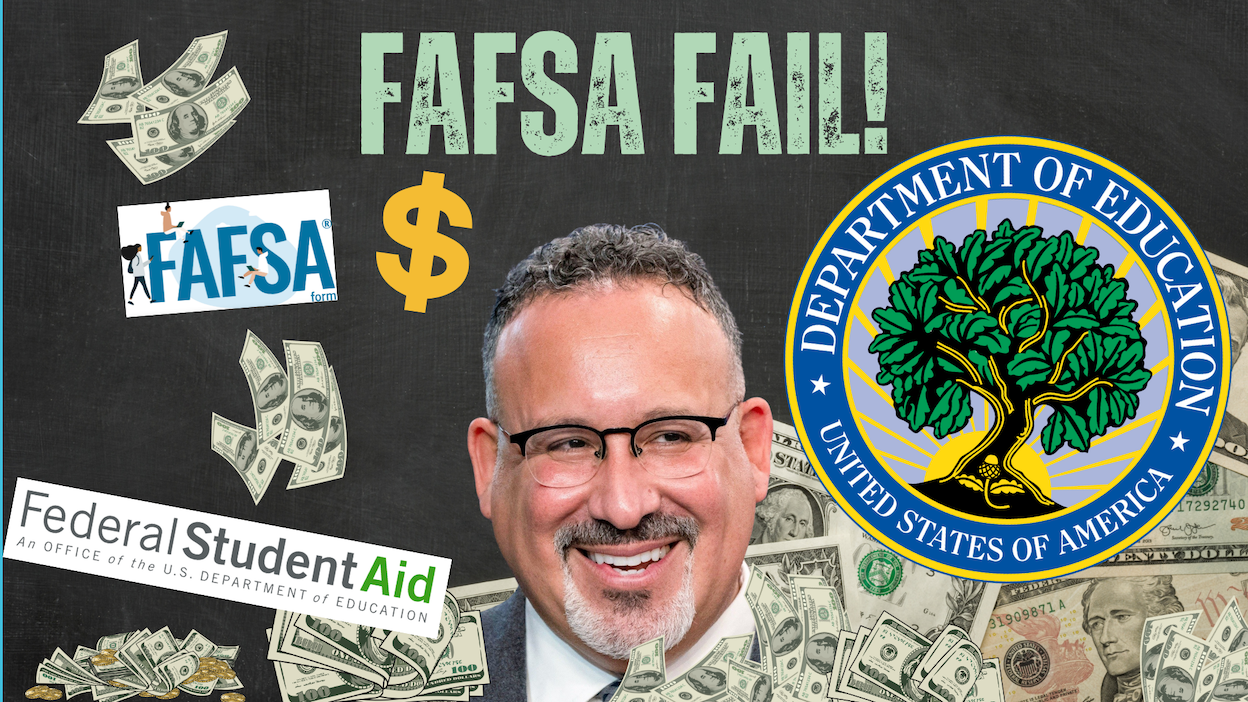 The Free Application for Federal Student Aid (
The Free Application for Federal Student Aid (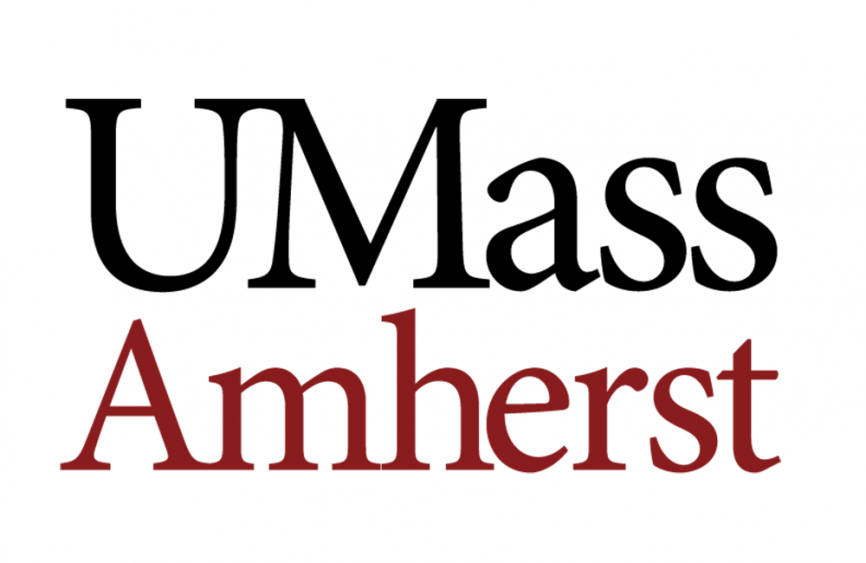
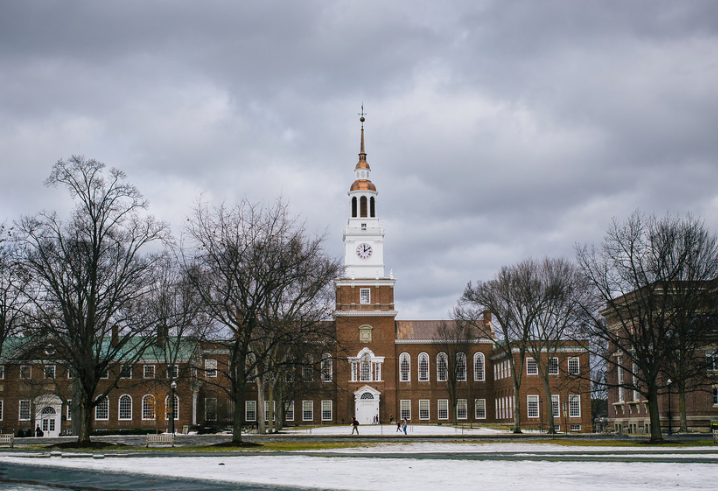
 WGCU Public Media in Florida followed six high school students who worked hard to earn a seat at America’s top colleges – and now you can too in the short documentary Dream School.
WGCU Public Media in Florida followed six high school students who worked hard to earn a seat at America’s top colleges – and now you can too in the short documentary Dream School.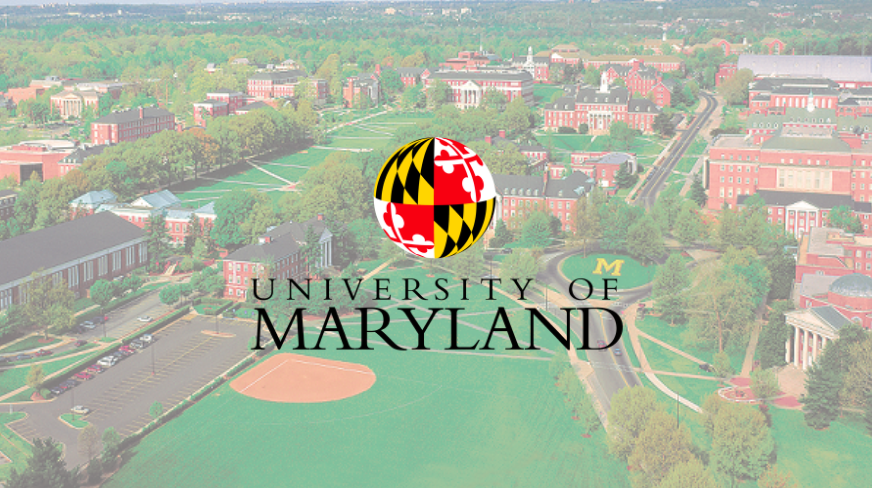
 Princeton University has released its 2023-2024 supplemental essay prompts for first-year applicants, making it the final Ivy League institution to do so.
Princeton University has released its 2023-2024 supplemental essay prompts for first-year applicants, making it the final Ivy League institution to do so.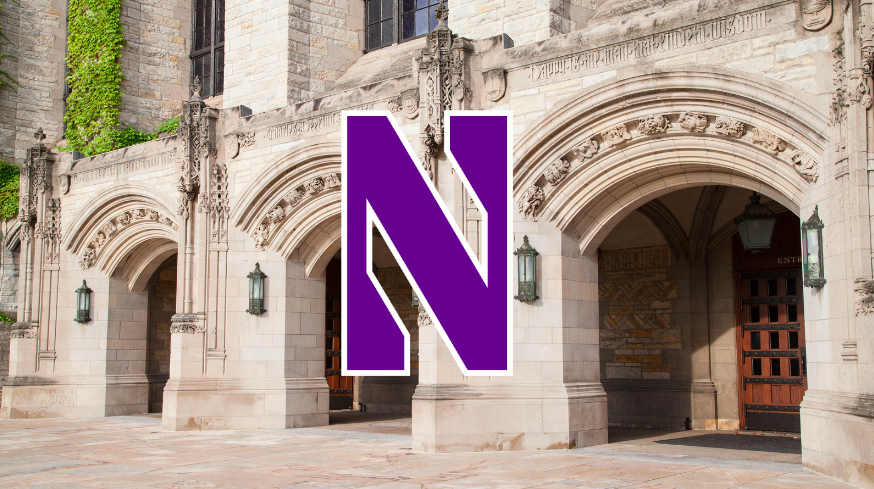
 Considering how much the word “inclusive” is bandied about these days, Wake Forest University would, at first glance, appear to be taking a big risk by creating a new Early Action admissions option that will be the exclusive domain of only certain applicants based on their demographics alone. Yet, that’s exactly what Wake Forest is doing while promoting its new Early Action admissions option as a tool to promote inclusivity.
Considering how much the word “inclusive” is bandied about these days, Wake Forest University would, at first glance, appear to be taking a big risk by creating a new Early Action admissions option that will be the exclusive domain of only certain applicants based on their demographics alone. Yet, that’s exactly what Wake Forest is doing while promoting its new Early Action admissions option as a tool to promote inclusivity.